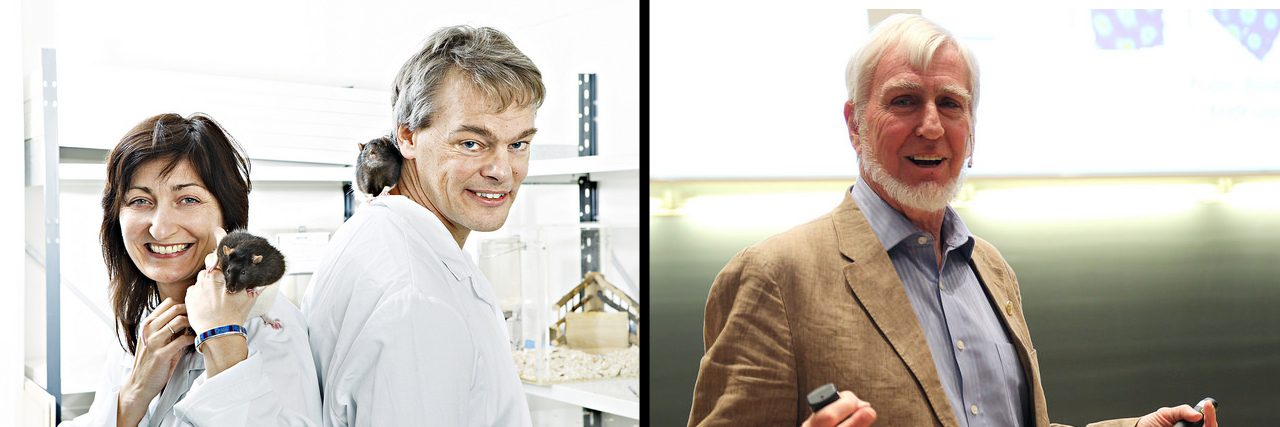The Nobel Prizes 2014: The brain’s inner GPS system
The discovery of the brain’s “inner GPS” system – how we understand our location and navigate the world – has been awarded the 2014 Nobel Prize in physiology or medicine.
Half of the prize will go to British-US scientist John O’Keefe of University College London, UK while the other half is to be split between husband-and-wife team May-Britt and Edvard Moser from the Centre for Neural Computation in Trondheim, Norway.
“I think the Prize actually is as much for the field as for myself and the Mosers,” says O’Keefe in an interview with Nobel Media, the online branch of the Nobel Prize. In 1971, O’Keefe noticed that a type of nerve cell in part of the brain called the hippocampus was always activated when his test subject, a rat, was in a certain part of the room. When the rat moved to a different place, other nerve cells were activated. O’Keefe demonstrated that these “place cells” built up an inner map in the brain.
After working with O’Keefe in the 1990s, the Mosers went on to reveal another important aspect of the brain’s positioning system; a nerve cell that generates coordinates in the brain, called a “grid cell”. These cells, found in a part of the brain called the entorhinal cortex, allow the brain to build a complex positioning and path finding system – an inner GPS.
Having worked closely with O’Keefe during their career, both Mosers remain close to their fellow laureate. “He has been a fantastic mentor and it’s extremely nice that we can now share the prize together,” Edvard tells Nobel Media.
The Nobel Assembly, who chose the recipients of this year’s prize, believe that this research could have an impact on our understanding Alzheimer’s disease, as well as opening “new avenues for understanding other cognitive processes, such as memory, thinking and planning.”

Comments